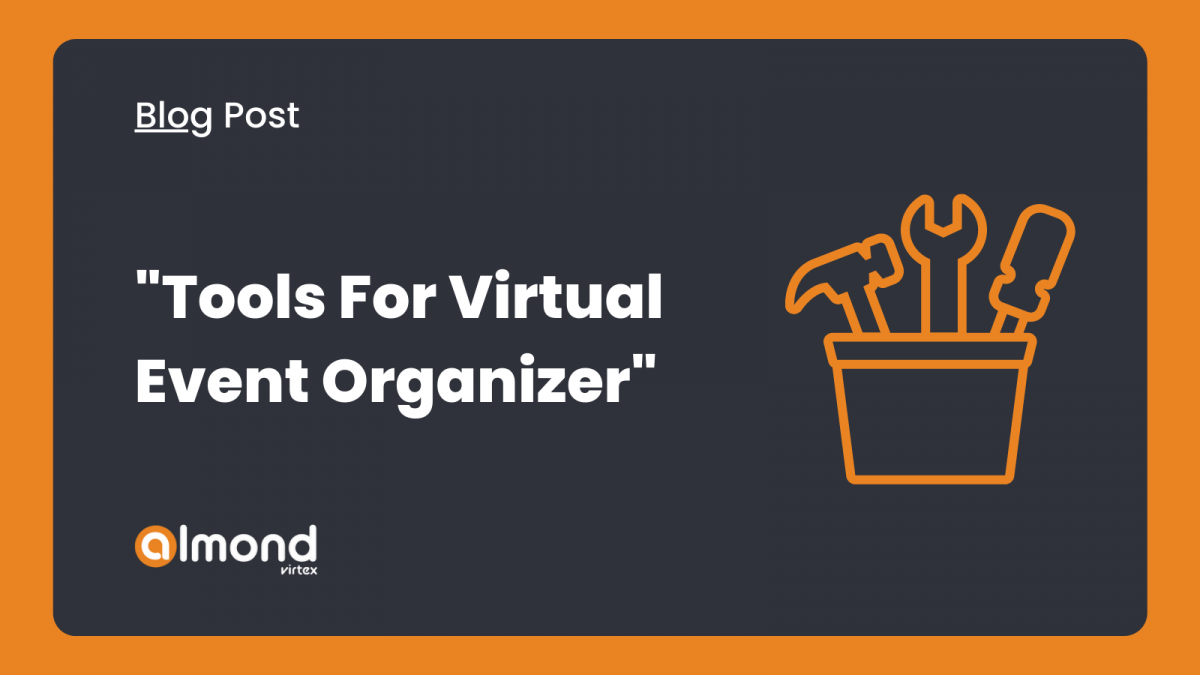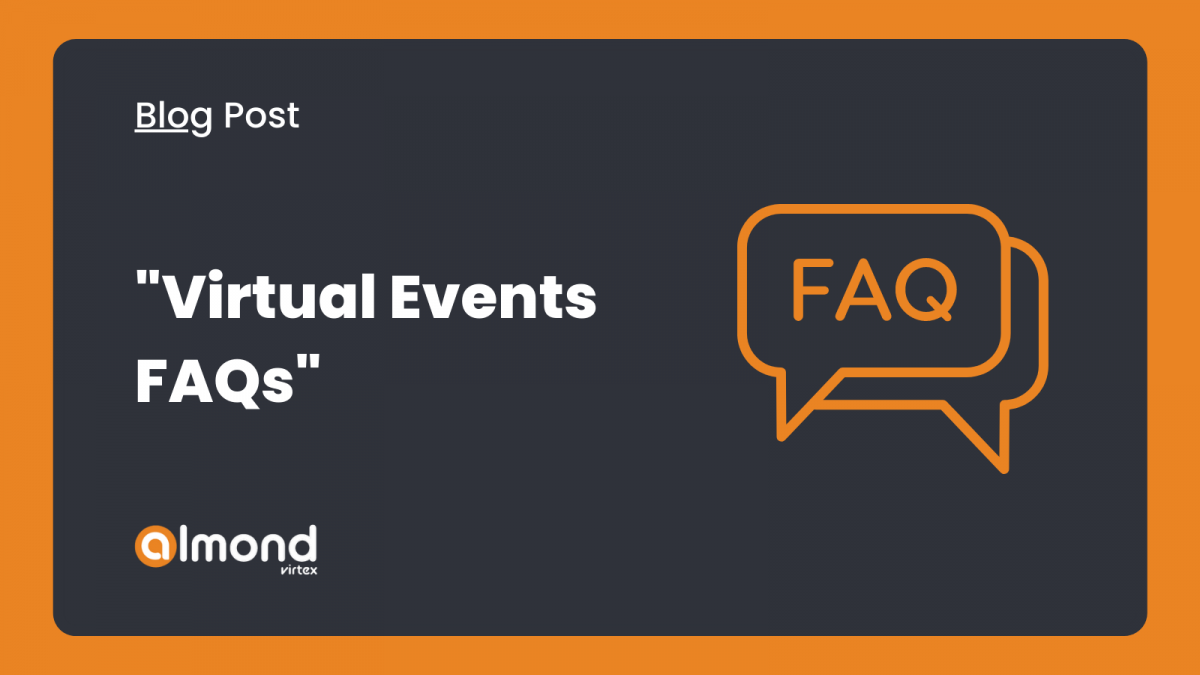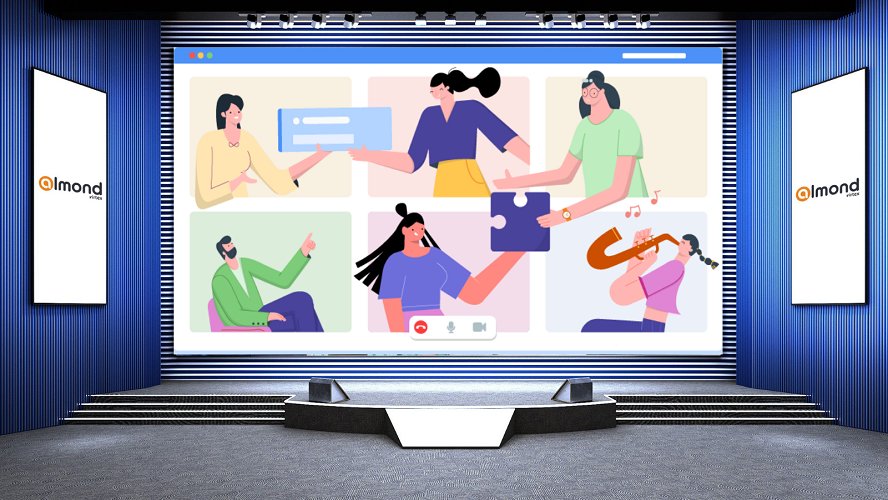
Almonds Ai expands global footprint, opens new office in Dubai. Click Here
Author: Team Almond

312 Post views
Categories
What To Look For In A Hybrid Event Platform

348 Post views
Categories
VIRTUAL EVENTS FAQs

364 Post views

431 Post views
Categories
HYBRID EVENTS FAQs

381 Post views
Categories
The 2022 Guide to Event Data and Reporting

350 Post views

341 Post views
Categories
Features Of A Virtual Trade Show Platform

447 Post views

342 Post views

400 Post views